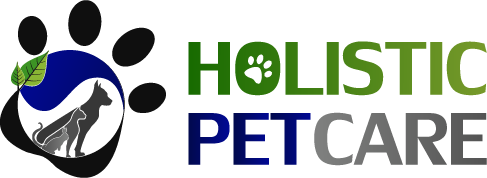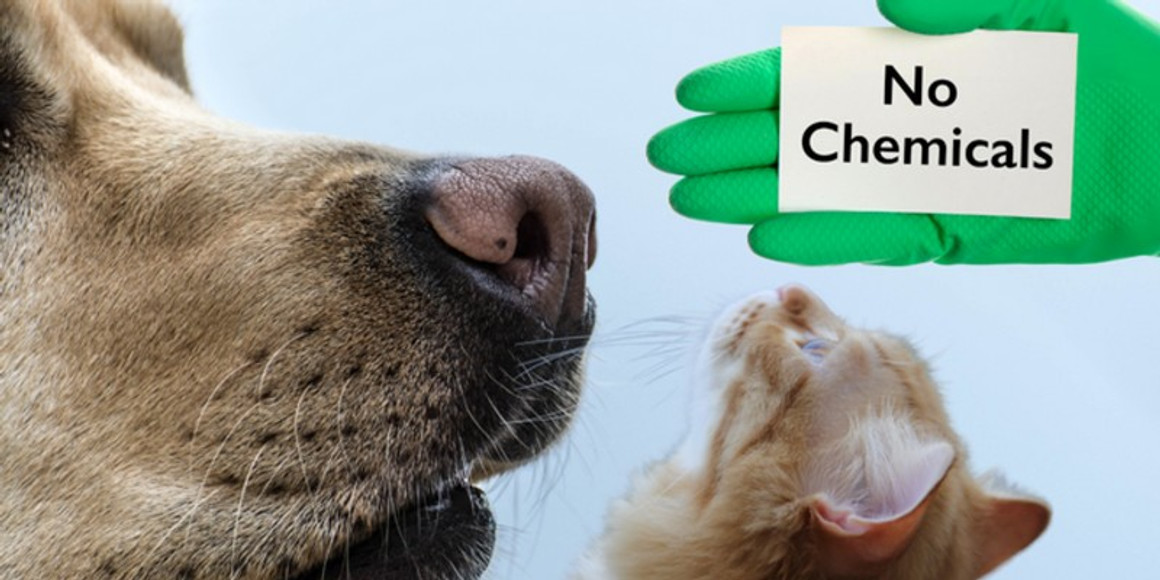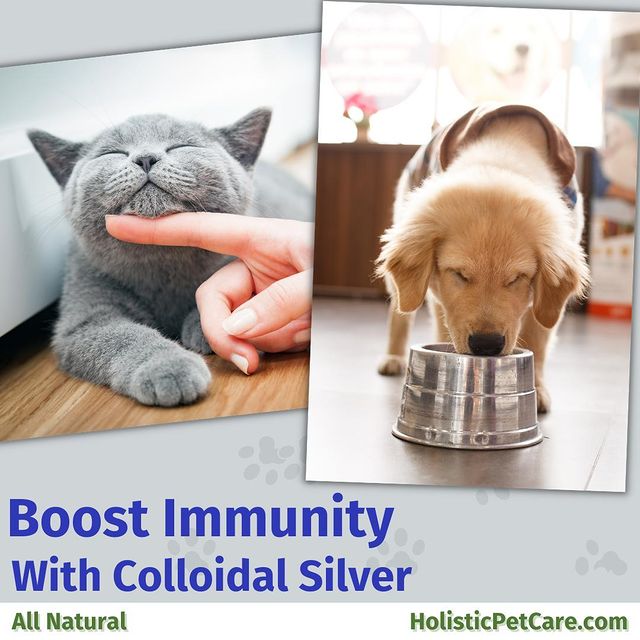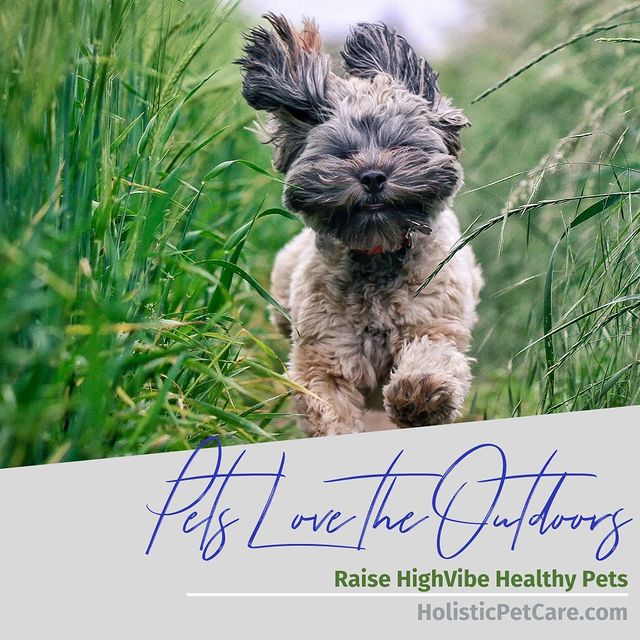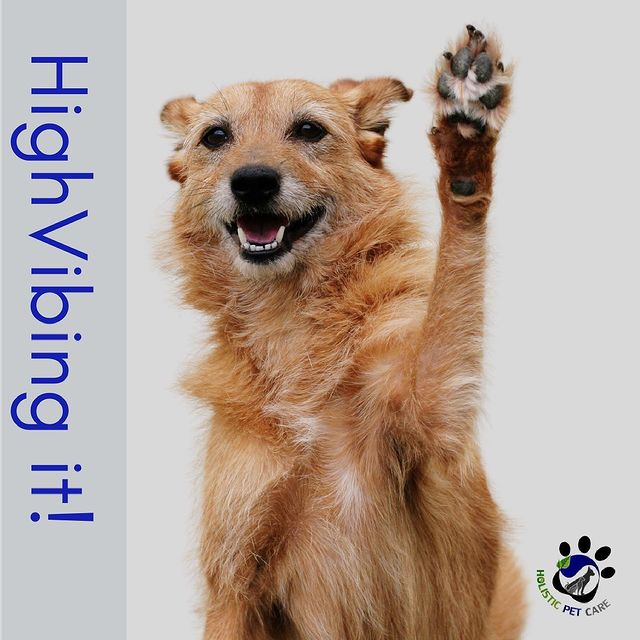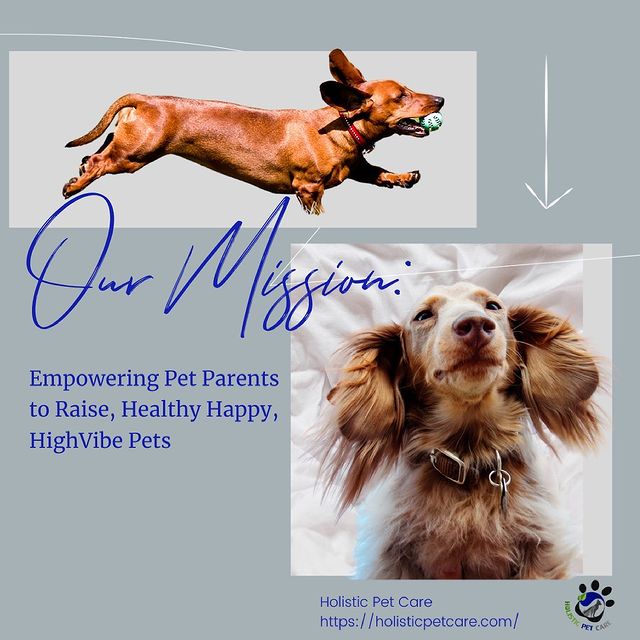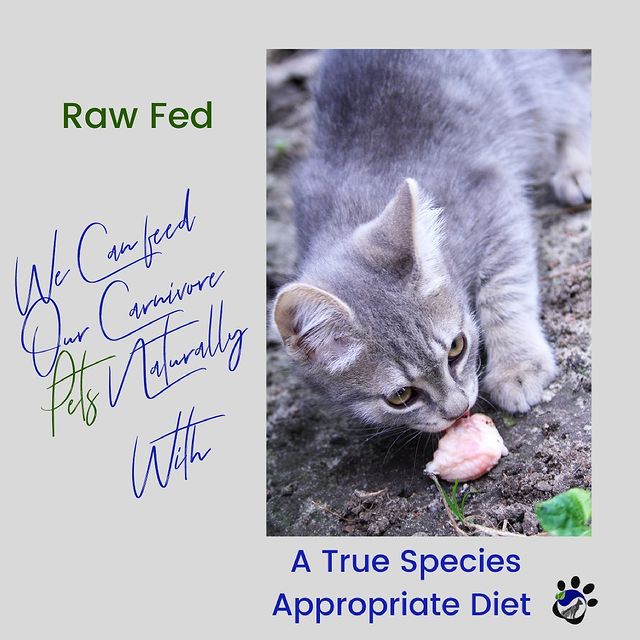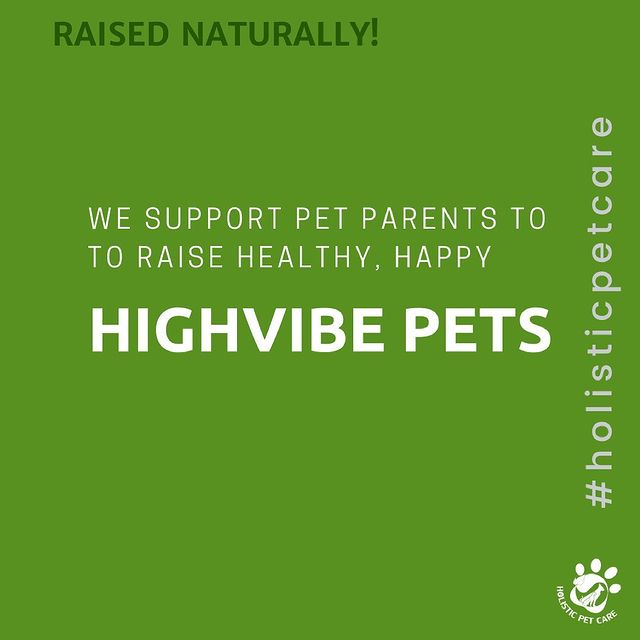Going Toxic Chemical Free
Nov 08, 2022
Please consider going toxic chemical free.
While many of us have been taught to read labels on everything we want to buy and use in our home, around our pets and family, the sad truth about synthetic fragrances is that manufacturers are not required to list their fragrance ingredients on product labels.
IF they do list them at all, most often it only one word, “fragrance”, and this word can hide a cocktail of more than 100 toxic ingredients! This is because fragrances are considered to be “trade secrets”. It is well-known that at least one toxic ingredient in “fragrance” is: phthalates.
Phthalates are just one class of chemicals typically found in fragrance, that help the scents last longer and is a known hormone disruptor. The list of health risks are rather startling and include cancer, reproductive and developmental toxicity, endocrine disruption, birth defects & respiratory problems.
Obviously, if the label lists “fragrance” or if you can smell it before you open it, and if you care about your family’s health (including your pets), then you will put that product right back on the shelf and leave the cleaning products isle and FAST!
Even the so-called “natural fragrances” can most often be just as toxic as the synthetic fragrances, you will want to learn how to read labels and become aware of what is called “Green Washing “.
Please be aware and think about this, whether it’s in a cleaning product, a dog bed, a dog toy, shampoo, or laundry detergent, fragrance chemicals aren’t actually making your product perform better – they are just giving you that perception. We’ve been trained to think that clean has a smell, when in truth that’s not the case.
“Fragrance” now lurks; in some unexpected places since it does not have to be listed on the ingredient label. They can be found in diapers, garbage bags, grocery bags, even in new fabric such as sheets, blankets, and some upholstery!
Fragrance chemicals, just like all toxic chemicals, pass from the nose or the skin and into the blood.
fragrances are linked to so many profound health risks that avoiding them is probably the #1 change you can make to reduce your companion animals’ and family’s exposure to toxic chemicals. To avoid fragrances, the Environmental Working Group advises that when consumers read the word “fragrance” or “parfum” to translate it to mean “hidden chemicals”. We believe the safest choice is to always choose fragrance-free products.
For safer and still effective ways of freshening your indoor air, open windows, use fans, air purifiers that produce negative ions, diffuse 100% pure/therapeutic grade essential oils. (2)
You can keep stinky trash cans and litter boxes emptied instead of trying to cover up the smell. You can also turn to natural odor-busters like fresh flowers on the kitchen counter, citrus peels in the garbage disposal, or an open box of baking soda in the fridge and using simple, safe natural products such as hydrogen peroxide, lemons, white vinegar, borax, etc. to clean with.
Synthetic fragrances are dangerous to you and your pet. Over 90 percent of the chemicals used to create them are derived from petro-chemicals. They include benzene derivatives (carcinogenic), aldehydes, toluene and many other known toxic chemicals linked to cancer, birth defects, central nervous system disorders and allergic reactions.
They are most commonly found in high concentration in:
- Scented candles
- Air fresheners
- Plug ins
- Room Sprays
- Dryer Sheets
- Laundry Soap and other cleaning products
- Cologne
- Soap
- Shampoo and conditioners (both human and pet)
Even lower concentration in some products, they can be responsible for breathing difficulties and skin conditions such as eczema, dermatitis, pruritus (itching). These accumulating toxins in the body can lead to auto immune disorders and cancer.
I absolutely do not have these products in my home for the health of myself and family, which of course includes my companion animals.
(1) Greenwashing is the use of marketing to portray an organization’s products, activities, or policies as environmentally friendly when in fact, they are NOT. Greenwashing is a play on the term “whitewashing,” which means to gloss over wrongdoing or dishonesty or exonerate without sufficient investigation or spurious data.
Many consumers, still believe that if something is labeled as “natural”, then it is “safe”. The facts are that there are NO industry regulations for what can be labeled as “natural”.
(2) It is extremely important that you only use 100% pure, therapeutic grade pet safe, essential oils around pets. The majority of “essential oils” sold in health food stores and shops are Fragrance Grade, contain toxic impurities and most likely have been grown and produced under less-than-ideal conditions (not organically grown or extracted with the use of chemicals) It is these impurities and synthetic fragrance chemicals that have catastrophic consequences for pets. This unfortunately has led to a bad reputation for essential oils.
